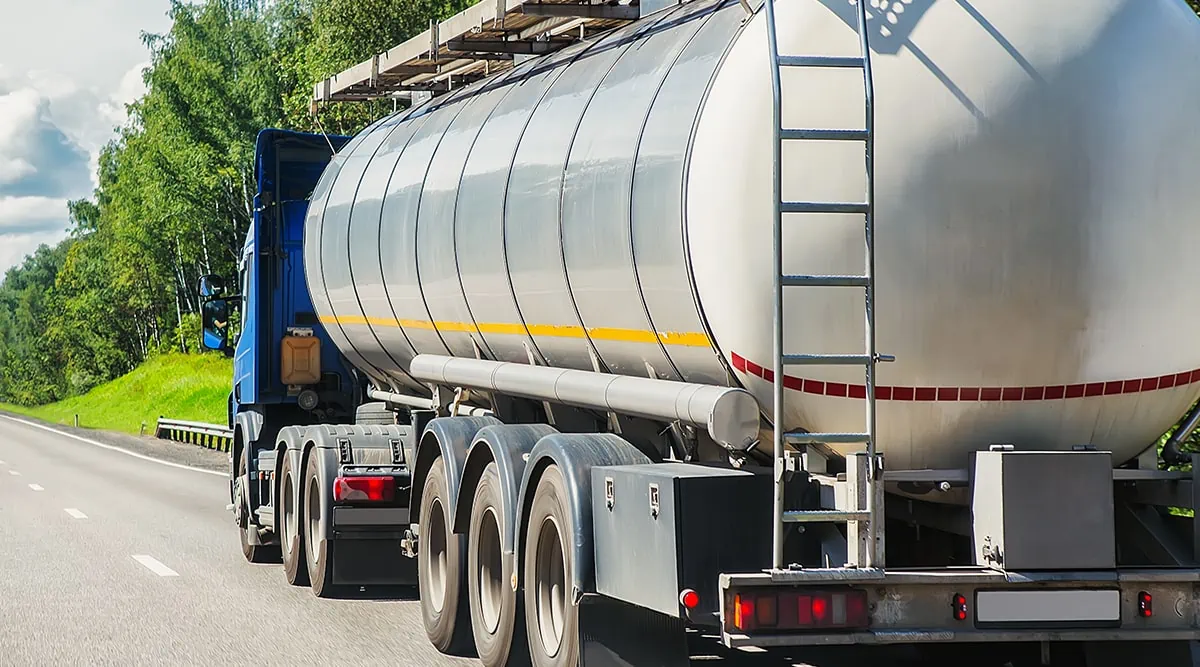Some Ideas on Reclaim Waste You Need To Know
6 Easy Facts About Reclaim Waste Explained
Table of ContentsFascination About Reclaim WasteThe Best Strategy To Use For Reclaim WasteThe smart Trick of Reclaim Waste That Nobody is Talking AboutAn Unbiased View of Reclaim WasteWhat Does Reclaim Waste Mean?
Check out the kinds, events, and kinds of liquid waste. Residential sewer waste refers to the waste and items from a domestic sewage-disposal tank. This sort of waste is developed by humans in homes, colleges, and various other buildings. This only consists of septic containers that have a drainpipe field. The appropriate administration and disposal of domestic sewage waste call for liquid waste to be moved to a sewage therapy plant where the correct methods and tools are related to detoxify and deal with waste.
Industrial waste often consists of possible dangers, such as combustible materials or a mixture of liquid and strong waste items, and calls for a more sophisticated and thorough disposal process. The disposal of commercial waste commonly includes the filtration of waste prior to transport to guarantee secure and correct disposal. Hazardous waste is produced from by-products and drainage of commercial procedures and production.
This type of waste can not make use of the same sewer management transportation or procedures as septic or business liquids. The hazardous waste management procedure calls for the assessment and testing of liquid waste prior to it undertakes the disposal procedure (liquid waste removal melbourne). Overflow waste is the fluid waste that originates from overflow and excess stormwater in extremely booming locations or cities
Overflow waste can create contamination and flooding if not taken care of appropriately. Ensuring appropriate waste monitoring can protect against calamities and decrease environmental damage.
The Ultimate Guide To Reclaim Waste
Call PROS Solutions today to discover our waste administration and disposal solutions and the proper methods to take care of the fluid waste you generate.
(https://issuu.com/reclaimwaste1)Do you recognize what takes place to your water when you disengage, purge the bathroom or drain pipes the washing device? No? Well, it deserves recognizing. This supposed 'wastewater' is not only an essential source yet, after therapy, will be released to our land, rivers or the ocean. Used water from toilets, showers, baths, kitchen area sinks, washings and commercial processes is called wastewater.

water utilized to cool down equipment or clean plant and devices). Stormwater, a kind of wastewater, is drainage that streams from farming and city areas such as roofs, parks, gardens, roadways, courses and rain gutters right into stormwater drains pipes, after rainfall. Stormwater flows unattended straight to neighborhood creeks or rivers, eventually getting to the ocean.
Reclaim Waste - An Overview
In Queensland, many wastewater is dealt with at sewage therapy plants. Wastewater is transferred from residential or industrial websites via a system of drains and pump terminals, referred to as sewerage reticulation, to a sewer therapy plant. City websites governments construct, maintain and run most sewer treatment plants. Operators are accredited under the Environmental Protection Act 1994 to discharge cured wastewater at an appropriate environmental standard right into waterways.
The Department of Natural Resources recommends city governments regarding handling, operating and keeping sewage systems and therapy plants. In unsewered locations, local governments might call for owners to install specific or family sewer treatment systems to deal with domestic wastewater from bathrooms, cooking areas, washrooms and washings. The Department of Natural Resources authorises using house systems when they are verified to be efficient.
Most stormwater obtains no treatment. In some brand-new class, treatment of some stormwater to remove clutter, sand and gravel has actually begun utilizing gross toxin catches. Wastewater treatment happens in 4 phases: Gets rid of strong matter. Bigger solids, such as plastics and various other items mistakenly discharged to sewage systems, are eliminated when wastewater is gone through screens.
Wastewater after that moves into large storage tanks where solids resolve and are eliminated as sludge. Grease and scum are skimmed from the surface area. Utilizes little living organisms called micro-organisms to break down and remove remaining liquified wastes and great bits. Micro-organisms and wastes are included in the sludge. Removes nitrogen and phosphorus nutrients that might cause algal blossoms in our rivers and intimidate water life.
Reclaim Waste for Beginners
Nutrient removal is not readily available whatsoever sewage therapy plants because it calls for costly specialist tools. It is becoming a lot more common in Queensland. Clear fluid effluent generated after therapy might still have disease-causing micro-organisms. If this effluent is launched right into waterways such as rivers or the sea, the micro-organisms will eventually pass away out.

This typically indicates wastewater has to be dealt with or pollutants removed prior to it can be released to rivers. The majority of wastewater streams into the sewage system. Under the Act, neighborhood governments provide authorizations and permits for environmentally appropriate activities (ERAs) entailing wastewater releases that may have a neighborhood impact. The department administers authorizations and permits to ERAs entailing wastewater releases that might have a local or statewide influence.
All About Reclaim Waste
Or else, examples are taken for research laboratory evaluation. Typically many tests are needed to develop the levels of each of the various contaminants such as oils, hefty metals and pesticides in water. Surveillance offers factual info regarding water high quality and can verify that permit problems are being fulfilled. The information acquired through tracking provides the basis for making water quality decisions.